
OR
Farmers fail to sell tomatoes for Rs 10 per kg in Kathmandu while consumers are forced to pay Rs 70 in Pokhara
Published On: June 20, 2023 08:23 PM NPT By: Santosh Pokharel
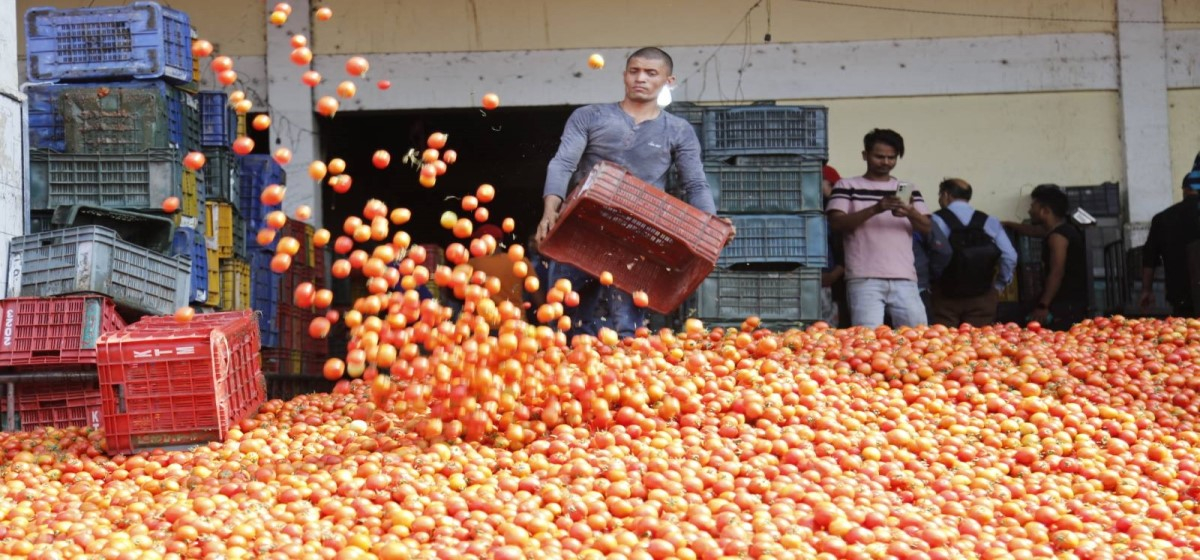
POKHARA, June 20: Farmers on Sunday dumped around 400,000 kilograms of tomatoes on the street adjacent to Kathmandu’s main vegetable market in Kalimati for not getting the expected price for their produce.
The farmers expressed anger after they were not able to sell the tomatoes even though they offered to sell the tomatoes at a throw-away price of Rs 10 per kg. They argued that tomatoes were being sold at a much higher price in Pokhara.
Currently, the retail price of tomatoes in Pokhara ranges from Rs 65 to Rs 70 per kilogram. The wholesale price of tomatoes in Pokhara is around Rs 55 per kilogram. When the retailers buy tomatoes from the wholesale market at around Rs 55 per kilogram and sell it with a profit, the consumers have to pay up to Rs 70 per kilogram. Market analysis has revealed that the businessmen have been fixing the price of tomatoes arbitrarily in Pokhara.
Apart from that, the residents of Pokhara always face the compulsion to buy vegetables at a higher price, as they do not make efforts to bring vegetables from the capital city where the prices are lower.
According to the Pokhara Vegetable and Fruit Market which is considered the largest vegetable market in Pokhara, the supply of tomatoes in Pokhara was sufficient last week. On an average day, Pokhara consumes around 1,800 to 2,200 crates of tomatoes. The supply of tomatoes in the market last week was even higher, reaching up to 2,400 crates per day. Stakeholders say that the supply of tomatoes in the market increased with the increase in production. This resulted in a decrease in prices as well.
“The local production has increased. Lately, some tomatoes have been brought in from the surrounding districts," said Rupa Dahal, an employee of the market. "Due to the increase in the supply of tomatoes in the market last week, the wholesale price in Pokhara was as low as Rs 25 per kg on Thursday, Friday and Saturday,” she added. Before that, the wholesale price in Pokhara was Rs 35 per kg.
Dahal said that around 2,400 crates of tomatoes were brought into the city until Saturday but the supply fell sharply on Sunday when only 635 crates of tomatoes were available. Taking advantage of the situation, the traders raised the price of tomatoes on Sunday.
“After the supply of tomatoes decreased on Sunday, the price increased. On Monday, 1900 crates of tomatoes were imported but the price did not drop, rather it increased," she said.
Mahendra Singh Paudel, member secretary of the market, says that the consumers get into trouble when the retailers try to make more profit. He speculates that vegetables were thrown in the capital Kathmandu in collusion between the traders and the farmers. According to him, the price of vegetables in Pokhara is always expensive compared to other places.
“This situation is the result of businessmen looking for more profit,' said Poudel, “And there is no authority that looks after the welfare of the consumers.'
According to him, the retail traders can keep a maximum profit of 20 percent when they sell vegetables bought at wholesale prices to the consumers. He mentioned that the traders set the selling price much higher than that to make a hefty profit.
“In Pokhara, the farmers sold tomatoes at the rate of Rs 35 to Rs 55 per kg on Monday. The consumers should have been charged a maximum of Rs 60 per kg. However, it is being sold in the market for Rs 70, which is much higher," he said.
Kapilnath Koirala, president of Consumer Forum, Gandaki, says that this situation has arisen due to a syndicate. "This is a business conducted through collusion," he said.
"Throwing tomatoes in the capital is the result of carteling," he said, "If it was not sold in the capital, they could have brought the tomatoes to Pokhara and the consumers of Pokhara could have bought them at less price."
However, businessmen involved in the cartel do not allow such an environment. He said that this situation has come about because businessmen are never held accountable towards the consumers. He also shed light on the fear created by middlemen and syndicates in the vegetable market.
"The fear of middlemen persists in the vegetable market. No individual or organization takes responsibility for the consumers," he said. "Due to the strong syndicate, the affordable produce available elsewhere is not allowed to enter cities like Pokhara."
There is always a shortage in the market and it is sold at high prices in Pokhara. Even market monitoring has not been able to break the carteling network.
"Although increasing production and reducing wastage would remove the scarcity for both farmers and consumers in cities, the businessmen are not willing to let that happen," he added.
You May Like This
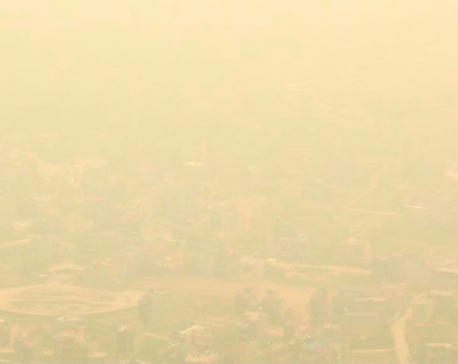
Air pollution: Poor visibility affects flights from Pokhara International Airport
POKHARA, April 14: Major cities are currently experiencing high levels of air pollution, particularly in areas such as Pokhara and... Read More...

Girish And The Chronicles live in capital
Indian rock/metal band, Girish and The Chronicles are all set to play at Lord of the Drinks, Kalika Bhagwatisthan on... Read More...
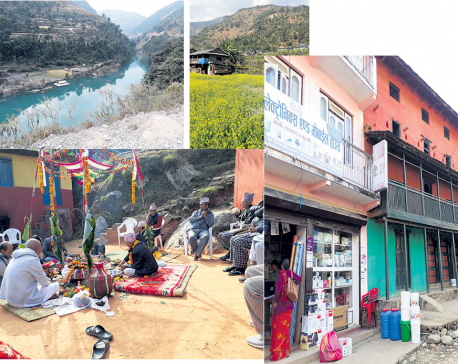
Dying embers
For the first time, the roads to Malekhu and all ways west held no allure for me. December, I learnt,... Read More...

-1200x560-wm_20240503161056.jpg)
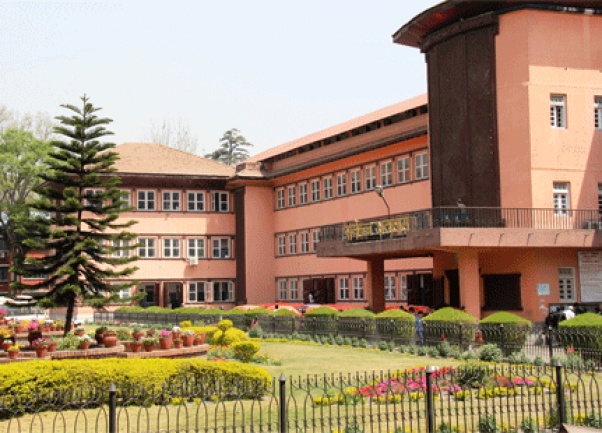
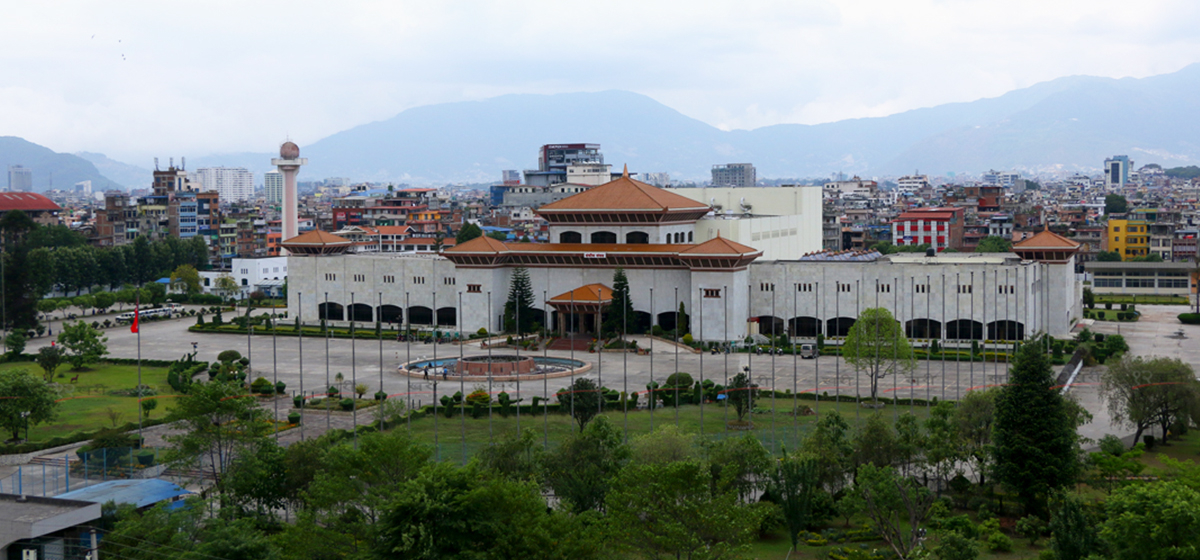
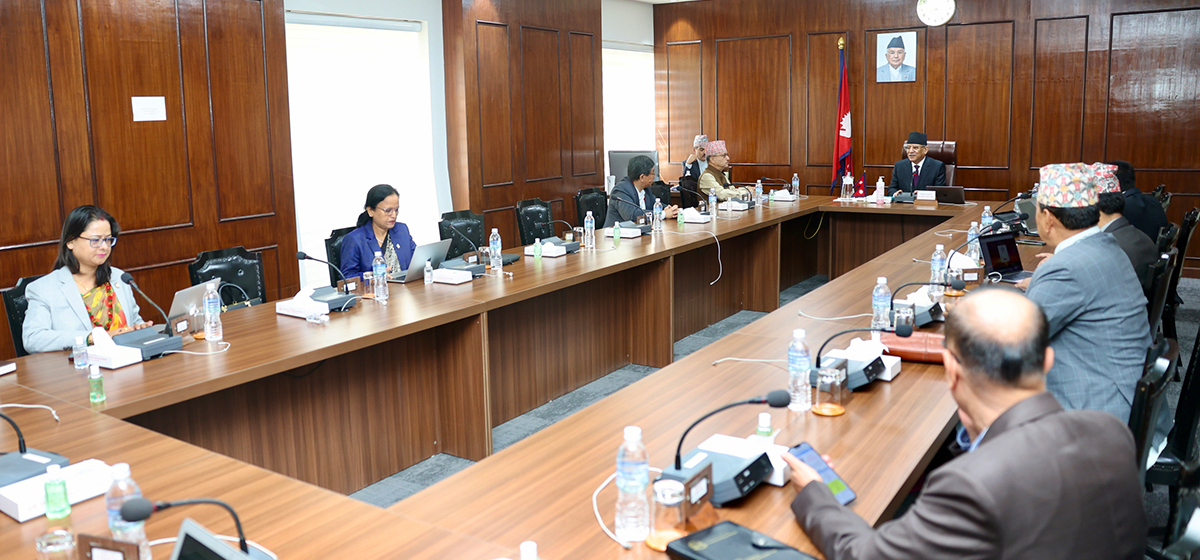
-1200x560-wm_20240503161056.jpg)
Just In
- Over two dozens bills stalled in previous parliamentary session yet to be registered for deliberation
- Japanese Foreign Minister Yoko Kamikawa to visit Nepal on Sunday
- Cabinet transfers six secretaries
- KMC’s 35-day ultimatum to RB Complex and People's Plaza to settle outstanding taxes
- Govt reduces fiscal equalization grant by Rs 317.4 million in Makwanpur
- Govt approves proposal to feature new Nepal map that includes Kalapani, Lipulekh and Limpiyadhura on 100 rupee note
- Madhesh: LSP’s provincial assembly member Abhiram Sharma suspended
- Flight operations again halted at PRIA on Friday



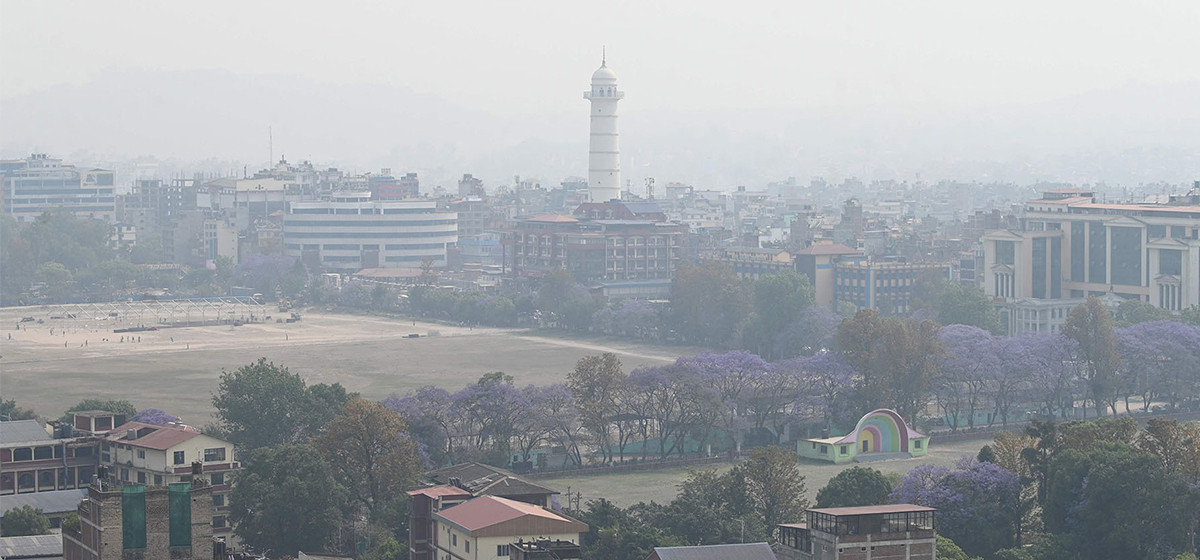

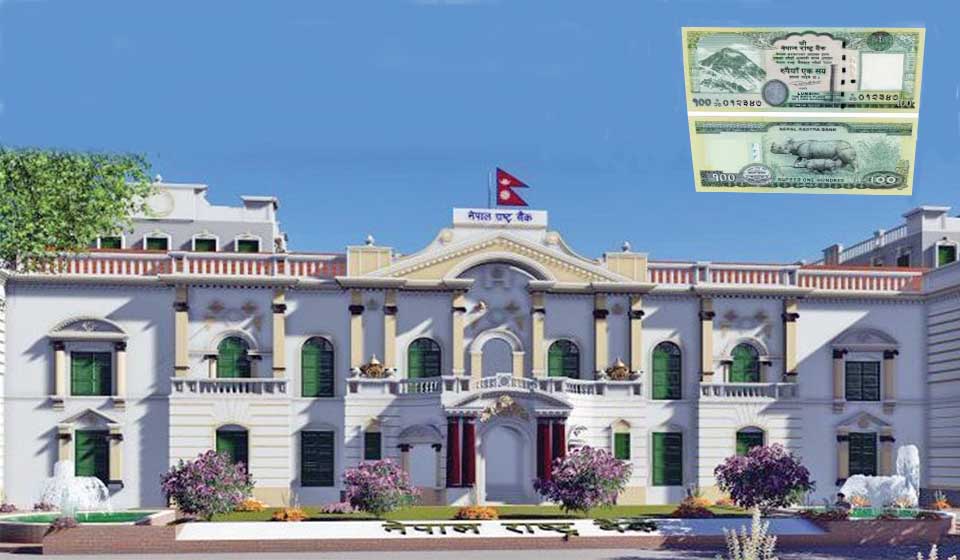





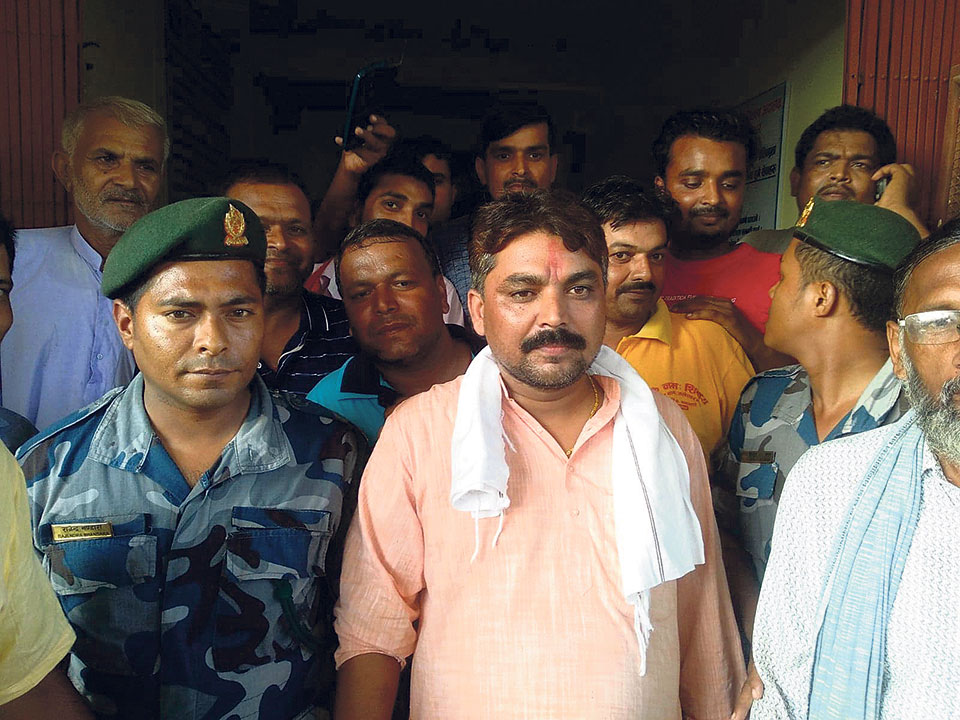
Leave A Comment